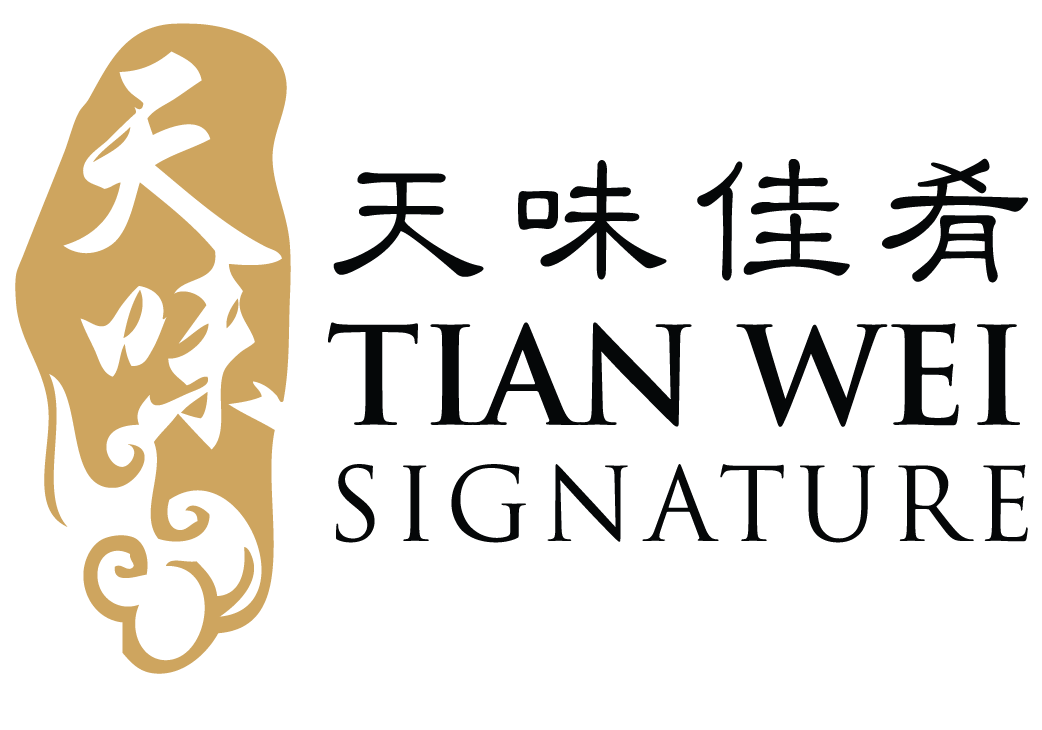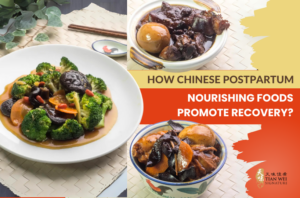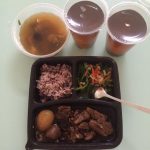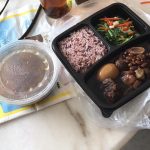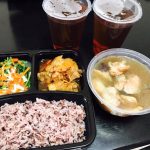81 Tagore Lane, TAG A, #01-11 Singapore 787502 ♦ Reservation : +65 6727 5599
The Factors That Cause Post-Birth Low Energy Levels
Giving birth is no walk in the park. It is exciting to bring to the world a bouncing, brand new bundle of joy, but it is also a painful process. Mothers smile after they have delivered, not when they deliver; you well know it is always a struggle, involving intense sweating and pain. So much is going on in the body the moment the pangs of birth begin to bite.
Days after delivery, you gradually lose weight; you might feel your stamina and strength are drained. Even your once glowing skin can turn dull and your hair becomes thin. Looking at how strenuous as pregnancy and childbirth are, it’s completely understandable that your body might not be at it’s best energy level and state. After giving birth, there are several factors that could lead to your low energy levels. Understanding these factors can help you to better manage your postpartum symptoms and help you with a smoother recovery:
Nine Months of Carrying a Baby
After nine months of carrying a developing baby which has been feeding on you, your body has been losing more nutrition compared to your pre-pregnancy days. You have lost much energy in the process, and once you give birth, your body has to readjust before resuming its former state.
However, with diets like the confinement food in Singapore, you can quicken your recovery and be vibrant within a short period after delivery. You should be introduced to confinement food catering as soon as you give birth.
Delivery
Giving birth involves loss of blood. That further drains and almost depletes what is left of your energy supply, and you will need a couple of weeks to recover. The pain that comes with childbirth is another source of destabilisation. Pain will typically weaken anybody. If the delivery involved surgery or C-section, it is even complicated and coming out of such a procedure is so demanding to the body.
Lack of Adequate Sleep
You are normally used to six to eight hours of uninterrupted sleep. But with a baby who wakes up to feed in the middle of the night, it’s difficult for you to have a good quality sleep. It is hard to get a complete rest and satisfy the baby’s needs. One will have to sacrifice, and it is always your sleep, not the baby. You have very little sleep, each far separated from the last one. Lack of adequate sleep is harmful to your health and will contribute to your low energy.
Lack of Proper Nutrition
A well-balanced diet for postnatal mother is just as important as your pregnancy diet. Your postnatal nutrition plays an important part in keeping you energized, as well as speeding up the process of your postpartum recovery. Make sure you have a well-balanced postpartum diet that consists of various vitamins and minerals, especially vitamin A, vitamin C, vitamin E, and iron. Vitamin A, vitamin C, and iron help to speed up the wound healing around your genital and caesarean area by encouraging collagen formation in your body.
Furthermore, iron also helps your body to develop red blood cells to supply oxygen throughout your body. The more oxygen you have in your body, the faster your recovery will be. To keep your body well nourished with the best confinement food in Singapore, Tian Wei Signature offers fusion and traditional postnatal meal delivery.
Stress
Your baby is a bundle of joy, but let’s be real, taking care of your baby can get stressful at times, especially when you are still recovering from postpartum wounds yourself. Feeding, bathing, and putting your baby to sleep can get tiring in the long run. Apart from needing a constant change of diapers, newborns need to be breastfed frequently for their healthy growth too. Then you have to wash the baby’s clothes, clean the room, among others. All these can be stressful, especially without a nanny to assist. The stress will in turn work to lower your energy in the following days after giving birth.
Breastfeeding
The baby’s milk is manufactured in your body and the factory that produces it uses your body nutrients as raw materials. Your energy reserve will thus be overtaxed to cater for this great milk that nourishes the baby. To improve your milk supply, consider adding lactation-boosting food in your diet. Some of them include ginger, fennel, fenugreek, oats, papaya, and garlic. Meanwhile, to improve the nutritional quality of your breast milk, consume more foods that are rich in vitamin A,B,C, as well as healthy fats such as omega 3,6,9.
Conclusion
While you may not be able to avoid the fatigue that comes with delivery completely, confinement meals in Singapore have come up with a well-balanced and delicious diet to improve your recovery and lactation. If you are looking for delicious and nutritious confinement meal inspiration to help you with postpartum recovery and breastfeeding, check out the full menu on our website!
